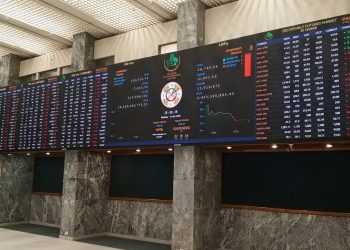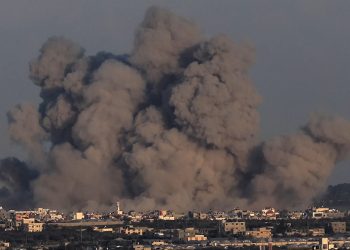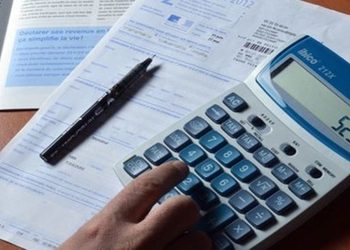Pakistan is a country that is facing multiple crises at once, with little end in sight. The country’s economy is in dire straits, with soaring inflation, rising debt, falling growth, and dwindling foreign reserves. The country is also struggling with the aftermath of devastating floods, a global energy crisis, and a surge in terrorist attacks.
A recent Gallop World Poll has simply reinforced what the majority of Pakistanis already know very well: the nation’s political gridlock is related to its economic crises. It comes out that only 16% of Pakistanis- the lowest percentage in the area outside of Afghanistan- think that the country’s economy is improving.
According to the survey, a record 86 percent of Pakistanis think corruption is pervasive in government and 80 percent think it is at record levels in the corporate sector. It’s not surprising that most people are so pessimistic given the historical collapse of the rupee, record inflation, unemployment, and declining growth. However, it is far worse that few, if any, believe that anything will change anytime soon.
The economy of Pakistan has suffered from years of financial mismanagement and political unrest. The country has been running budget and trade deficits due to excessive expenditure and reliance on foreign loans and aid. Additionally, the public’s trust and faith in government institutions have been damaged by corruption and poor governance.
Last year, the PML-N led PDM used the sluggish economy as leverage to advance the vote of no confidence against the PTI administration while promising economic recovery. But it soon became apparent that their primary strategy was to criticize the previous government.
Within a year, the Shehbaz Sharif’s government crashed the economic growth to 0.3% from historic 6 percent growth Pakistan had achieved the year before under Imran Khan’s administration.
The PML-N led government is utterly unable to find a solution in the face of an unprecedented economic collapse and the very real possibility of sovereign default. Instead, it is turning to as many lenders and donors as it can, which exposes the political elite’s selfish lust for power.
The country needs urgent and comprehensive action to address its economic crisis and its underlying causes. It also needs regional and international cooperation to deal with the security and humanitarian threats that it faces. Pakistan runs the risk of descending into greater despondency and turmoil if these actions are not taken.



























